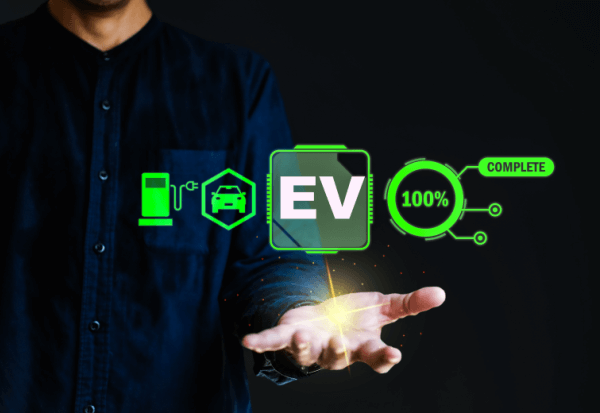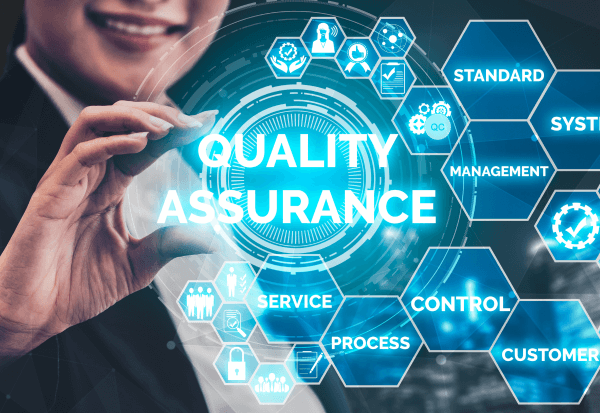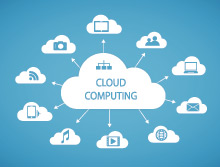As the charging infrastructure evolves in various regions, their monitoring and management will become more challenging in the coming times. Today, most electrical vehicle charging stations are decentralized and have a very complex structure, making it hard to manage and maintain. That’s where IoT comes into play. IoT platform can be a comprehensive solution for complex EV charging station control, usage, and management. IoT connects various distributed engineering devices and manages them within one network.
Remote management of these charging stations can enable Charge Point Operators (CPO) and eMobility Service Providers (EMSPs) with Centralized operations and maintenance. The advancement in IoT technology is fueling more remote site management features where edge IoT sensors are providing real-time site information. IoT gateways are being used to integrate several other assets around the charging stations.
IoT cloud platform is providing a common platform for several distributed assets & siloed applications. Mobile apps enabled with IoT data are helping field personnel with asset Alarms/Notifications and EV drivers with better route planning based on charging station availability.
IoT Sensor/Gateways for EV Charging Sites
IoT-enabled sensors have huge potential in monitoring these unmanned charging stations and providing better services to EV owners. For instance, smart parking sensors can help detect if cars are parked illegally but are not connected to charging stations. This is a huge concern for an EV driver who has been routed to the charging station, only to later find that the station is being illegally occupied as a parking spot.
Other IoT sensors can be enabled to ensure the safety of these assets like temperature, vibration, water level, and smoke/fire. Sensors can help operators and service providers protect their infrastructure from being damaged by unforeseen events.
There can also be situations where the charging station itself is inoperable due to these events. Here the charging station’s real-time health data and the IoT sensor data can help the charging station management platform suggest better options for EV drivers.
IoT Cloud Platform for EV Charging Management
IoT platforms can provide a comprehensive solution for complex EV charging station control, usage, and management. It can help create a seamless connected experience for all the stakeholders involved in the entire value chain like operations & maintenance, billing & payments, energy management, client support, field crew/technicians’ teams, and EV customers.
Apart from EV charging stations health parameters, data on usage of these charging stations, such as duration of charge, number of vehicles, types of vehicles, etc., can be collected. Utilizing Big data and AI/ML models, the IoT platform can proactively optimize the entire network infrastructure based on consumer journey/stoppage patterns, charging station usage, energy management, etc. It can further help planners to expand or relocate charging stations to maximize revenue.
Mobile Apps for Field Engineers
One of the key enablers for enhanced operations and maintenance activities is to empower the field engineers/crew with digital solutions. Mobile apps can transform how the engineers are allocated work, what task they perform and how quickly they close their work orders.
The work order management app can help maintenance teams remotely allocate work to field engineers, track performance, and close these tickets.
Inspection Apps can help field engineers monitor and record various site anomalies which are not currently getting tracked by the system. This information sharing improves collaboration and helps other field engineers, in other shifts, to quickly locate and fix these issues.
Mobile Apps for EV vehicle owners
As EV charging infrastructure for making long travels is still maturing and is not available everywhere, mobile apps can help customers plan their journey efficiently. Once integrated with connected vehicles, these apps connected with cloud IoT platform will have the power to analyze vehicle’s battery usage pattern, charging time, charging station availability,.etc, to suggest the best routes with the least stoppage time. The apps can also help EV owners pre-book charging slots well in advance.
We found many off-the-shelf solutions providers that have not critically observed these gaps, and in order to have a connected experience, we suggest charge point operators and service providers have deep-dive sessions with their implementation partners to figure out gaps in the existing technology landscape and then create a digital roadmap with customized solution development.
To conclude, with the implementation of IoT and analytics technology, EV charging stations are poised to become smarter. The connected infrastructure of the future will help achieve better customer satisfaction, lower downtime, centralized operations, and increased profits. With IoT, EV charging stations are getting more efficient and convenient not only for drivers but also for service workers, which will help to monitor and manage EV stations within one platform. IoT is helping EV stations, drivers, charger vendors, local service companies, and station owners to collaborate effectively.

is Associate Director – M2M/IoT Practice at Happiest Minds. He has 10+ years of extensive experience in the M2M / IoT Sector. He has been a key member in many multidisciplinary teams that were engaged in reform & ICT automation of various industry segment verticals such as Utilities (Smart Grid), Home & Industrial Automation, Security & Surveillance, Automotive / Logistics, BFSI, Consumer Products and others . His role involves technology road mapping, business development and consulting.








